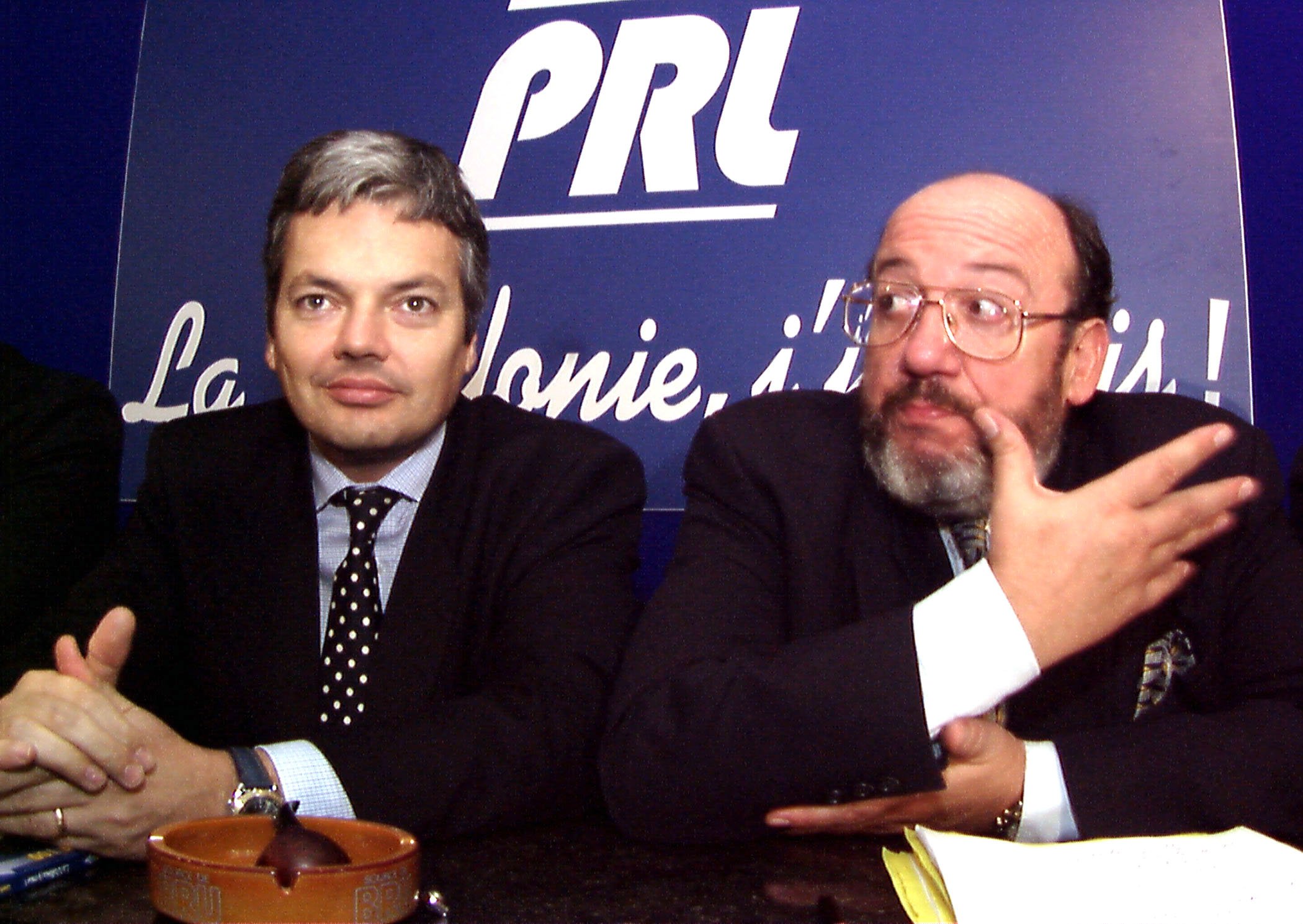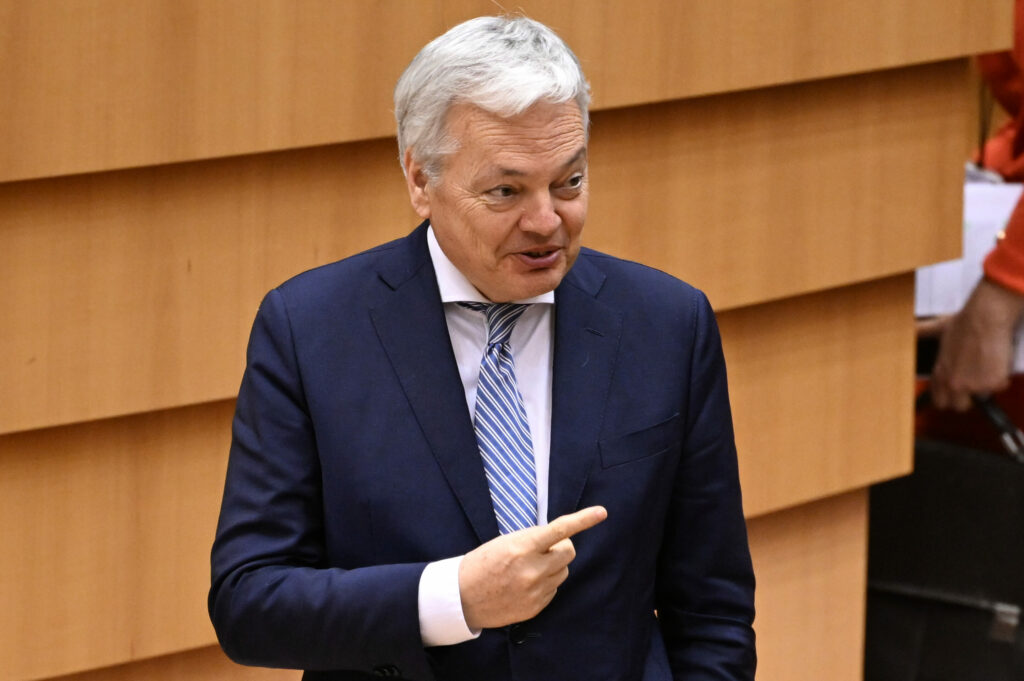Former EU Commissioner for Justice Didier Reynders is being investigated for money laundering. This Belgian political heavyweight has had his fair share of controversies over the years. Who is he?
Police raided Reynders' homes in Uccle (Brussels) and Liège (Wallonia) on Tuesday evening on suspicion of laundering money via lottery tickets. The activities span his time in positions of power in Belgium and the EU (but not during his time overseeing the National Lottery).
Reynders, who was EU Commissioner for Justice up until 30 November, must now prove the legal origin of the money he used to purchase the tickets. The 66-year-old liberal had a colourful career at the centre of Belgian and European politics. Who is 'Teflon Didier' and how did he get this nickname?
Early days and party politics
Born in Liège in 1958, Reynders studied law in his hometown university. He remained in academia briefly after graduating, and taught economics at the Hautes Études Commerciales.
He entered into politics at the age of 27 and fell under the tutelage of Jean Gol, a prominent member of the liberal Francophone party Mouvement Réformateur (MR). He was in the cabinet of the Deputy Prime Minister and Minister for Justice by age 30 and was granted various other influential portfolios in his early political years.

Didier Reynders and Louis Michel. Credit: Belga
When Gol died suddenly in 1995, many saw Reynders as the natural successor to the party presidency, but Louis Michel swooped in and took the top spot. MR has operated along Michel-Reynders dividing lines since then.
Nonetheless, Reynders has nabbed multiple hefty portfolios throughout his career. He has worked in the Finance Ministry (1999-2011), the Foreign Affairs Ministry (2011-2019) and the Defence Ministry (2018-2o19), and he was elected MR leader in Liège in 1999 and Deputy Prime Minister to Guy Verhofstadt in 2004.
'Teflon Didier'
This week's revelations are not 'Teflon Didier's' first run-in with scandal, so-called for his capacity to escape from drama relatively unscathed.
In 2019, a former Belgian state security officer accused Reynders of corruption and money laundering in connection with various projects, including the construction of the Belgian embassy in the Democratic Republic of the Congo and arms deals. The accusations were thrown out for a lack of evidence.
In 2015, Reynders came under heavy fire for donning blackface at the 'Noirauds' festival in Brussels. Blackface is sometimes defended as "folkloric" in Belgium, but the incident was widely condemned for being racist. Reynders never apologised.
The Noirauds festival replaced the blackface tradition with the Belgian flag's colours in 18 out of 19 Brussels municipalities in 2023. Watermael-Boitsfort is the only commune in the capital to ban the practice.
An uncertain future
Reynders' political trajectory is an impressive one. There have been several moments of intense personal disappointment for the weathered figurehead, however, not least his failure to take over from his mentor Gol in the 1990s.
In June, he lost his bid to become Secretary-General of the Council of Europe for the second time. In September, he expressed "deep disappointment" at Hadja Lahbib's nomination for EU Commissioner over him. He had already announced his desire to hold onto the post and had to retract his candidacy.
With no future in the EU and no prospect of returning to the domestic circuit, Reynders' next steps were already unclear, but this latest scandal has muddied the waters even more.
If the search had occurred while Reynders was still Commissioner, authorities would have had to inform the executive body, therefore losing the element of surprise. However, Reynders still benefits from special rules given that he is a former Belgian Minister: the Federal Parliament must hold a vote if the investigating judge wants to arrest him or take him to court.

